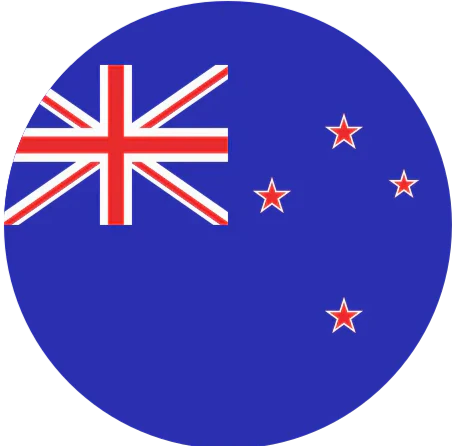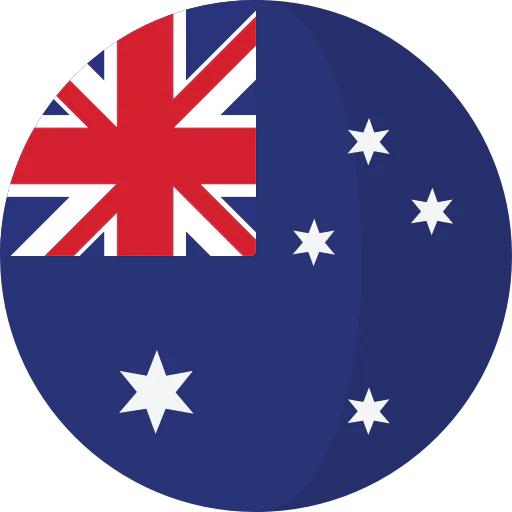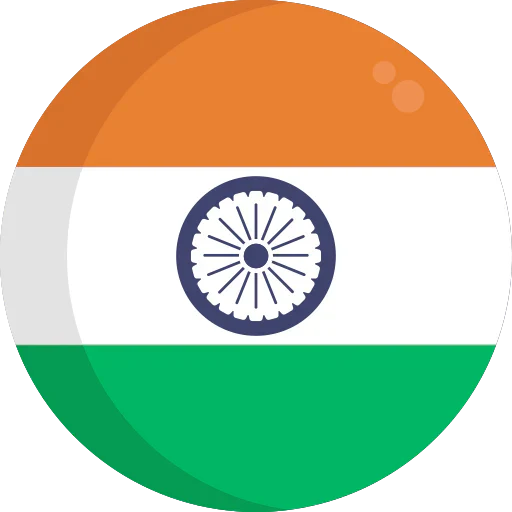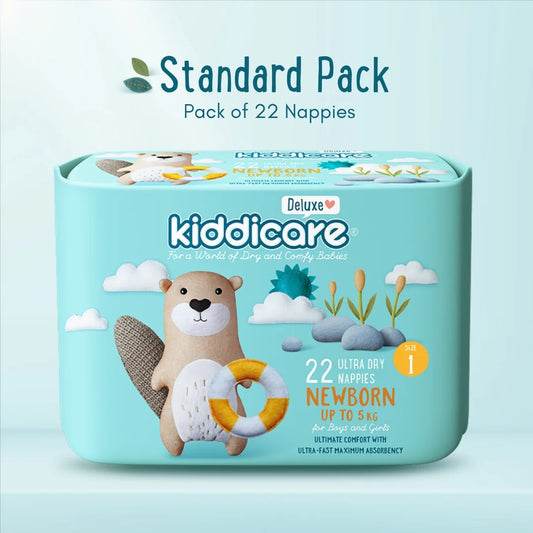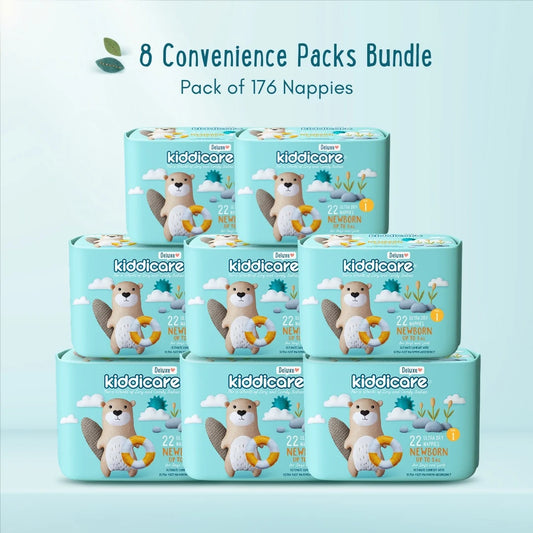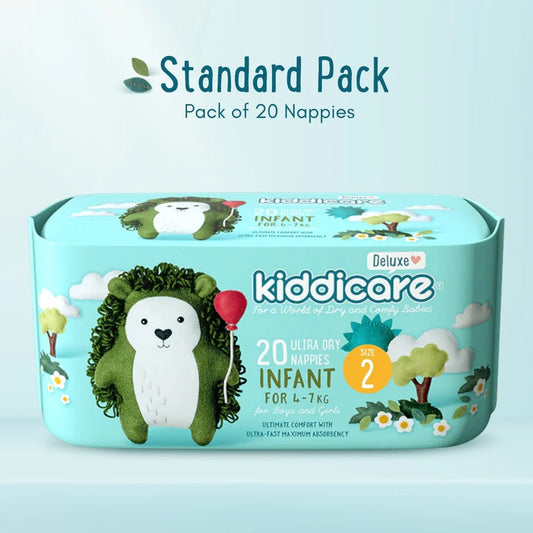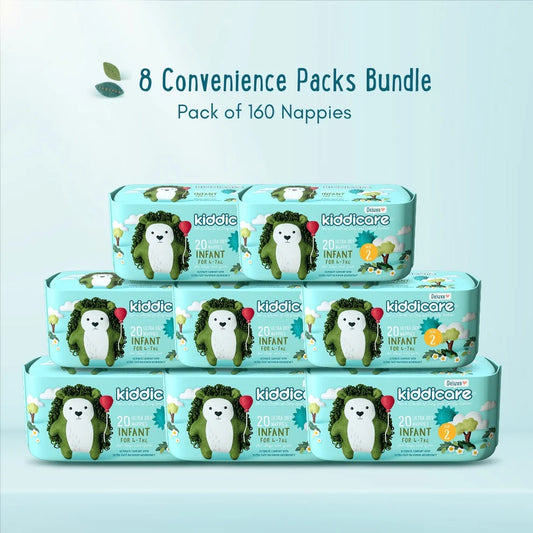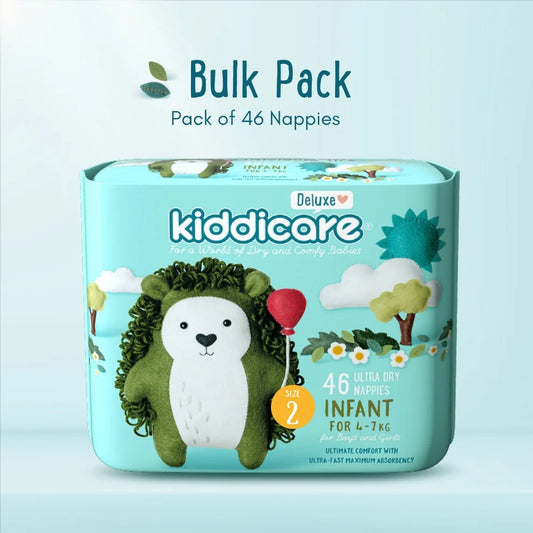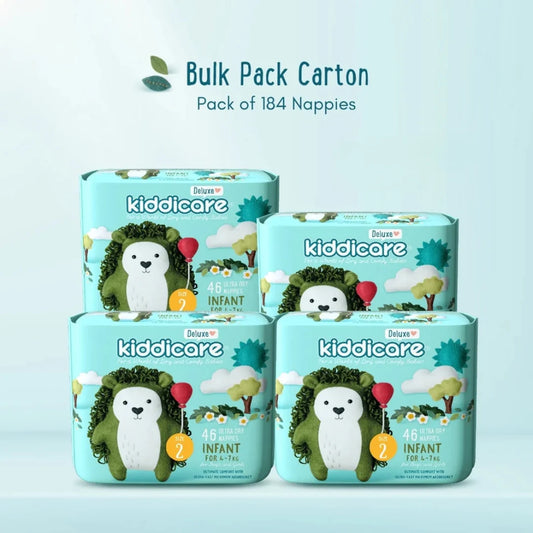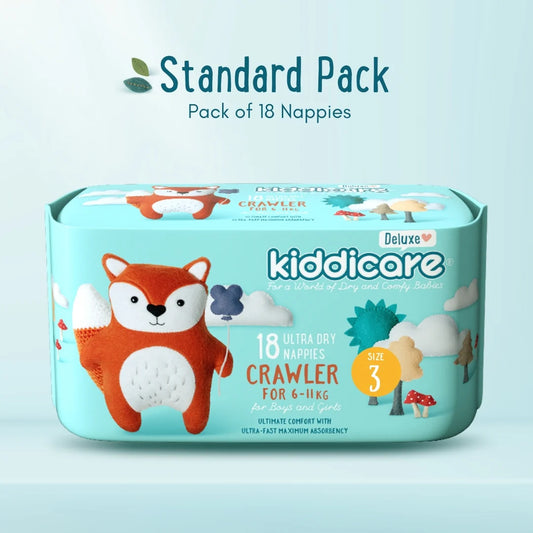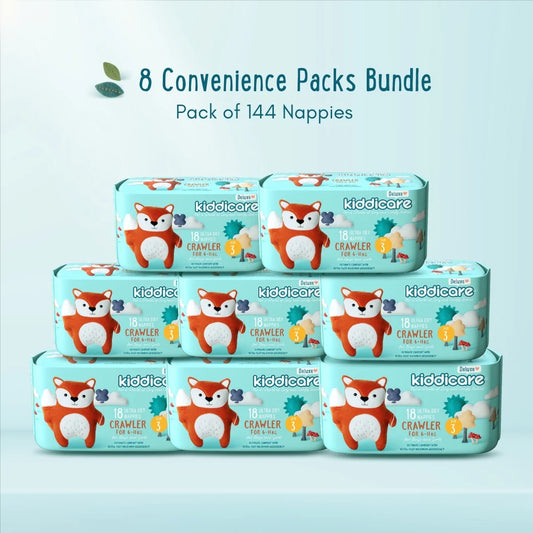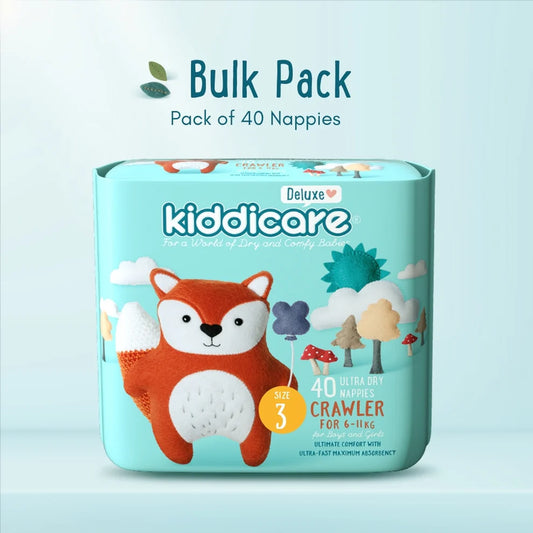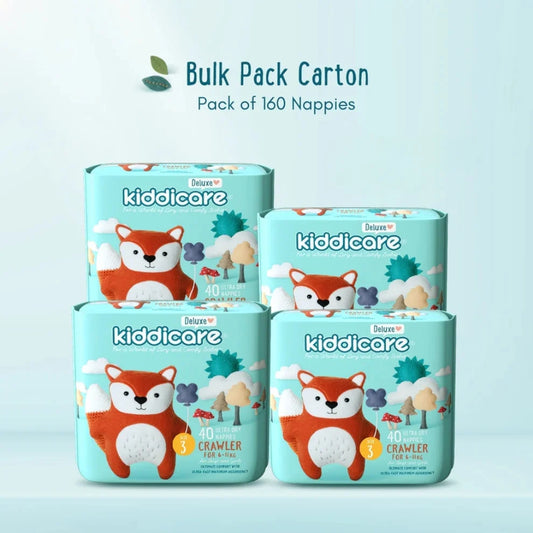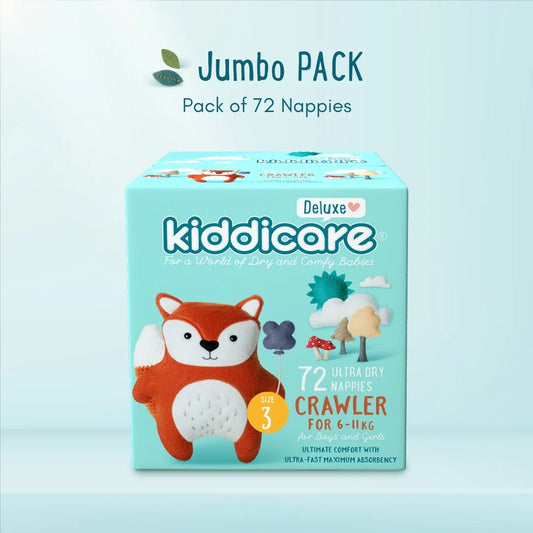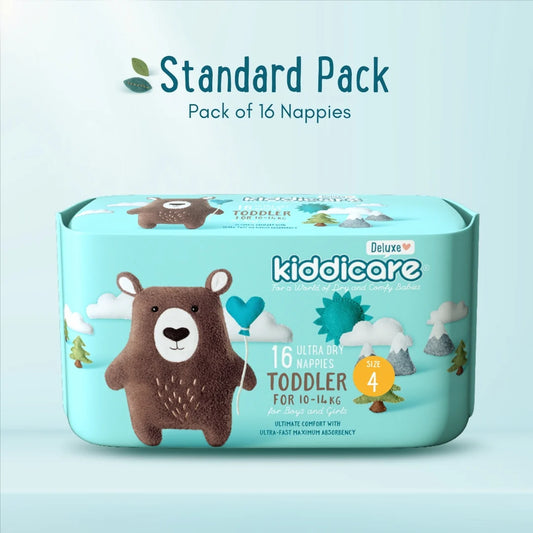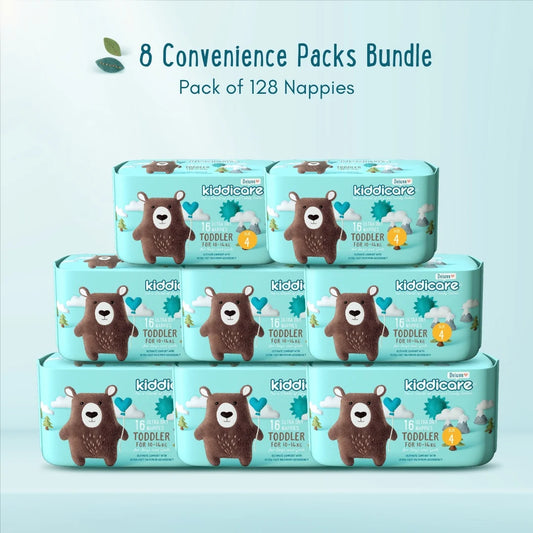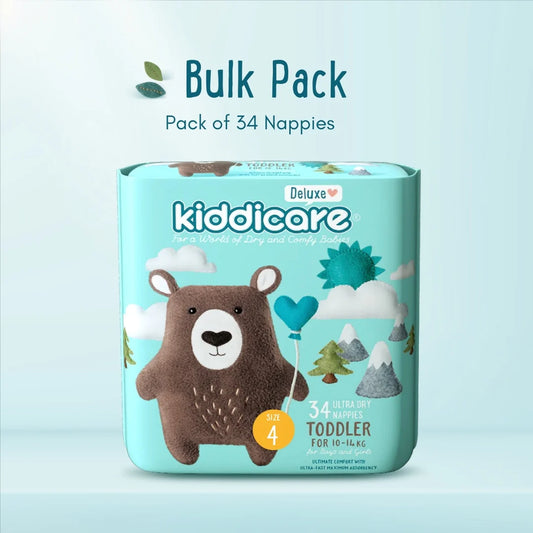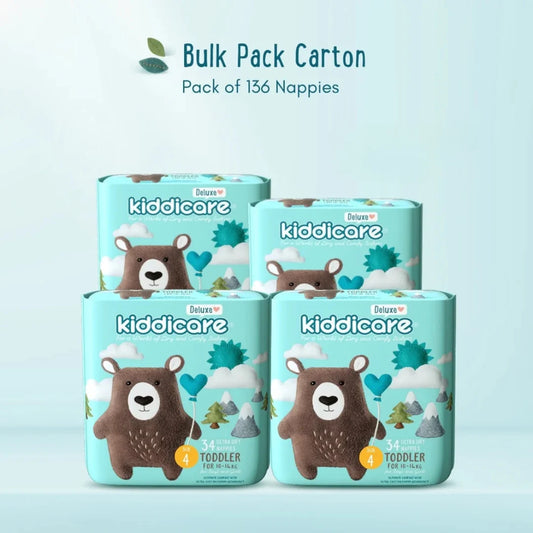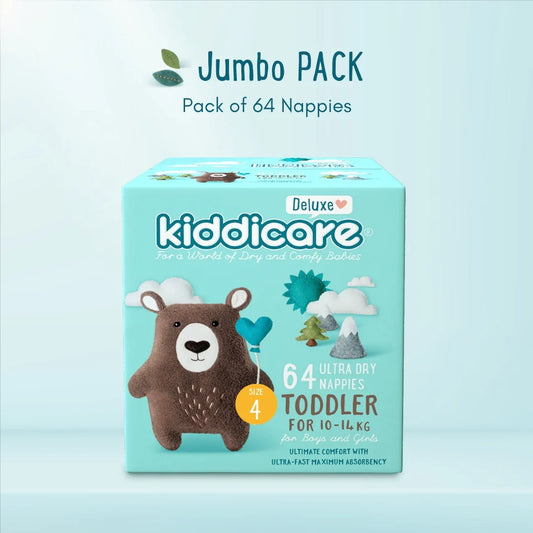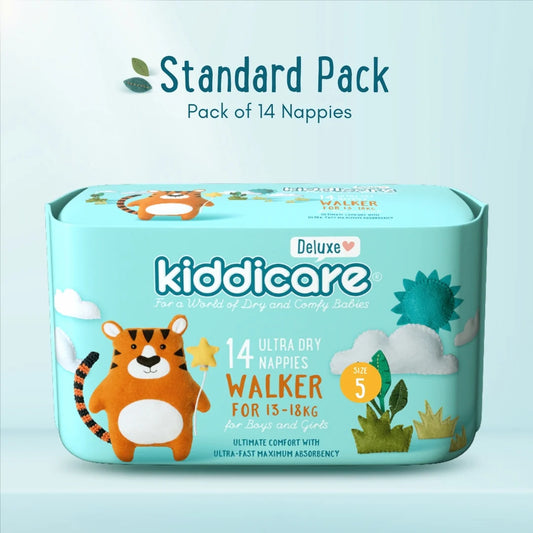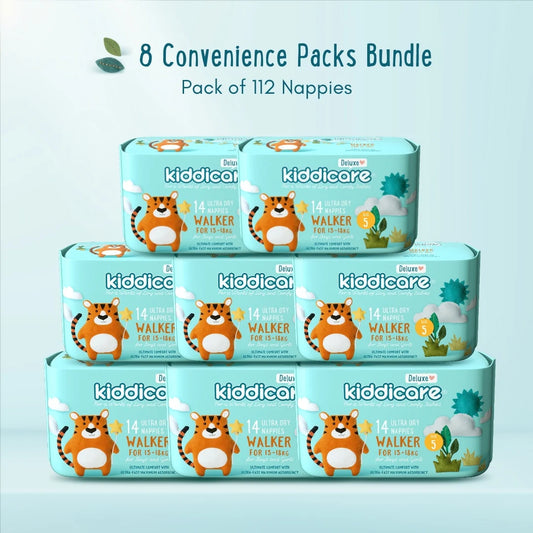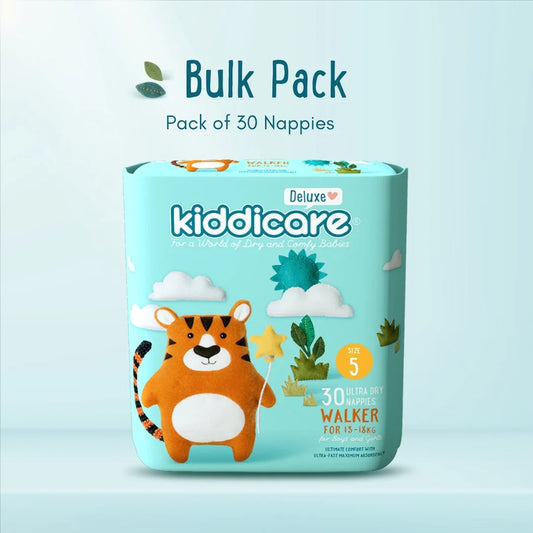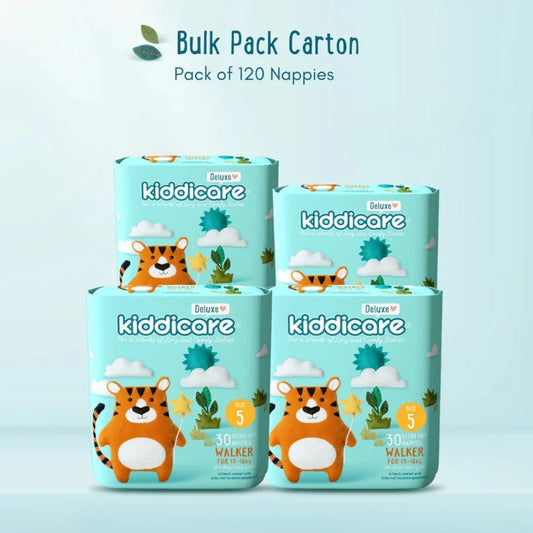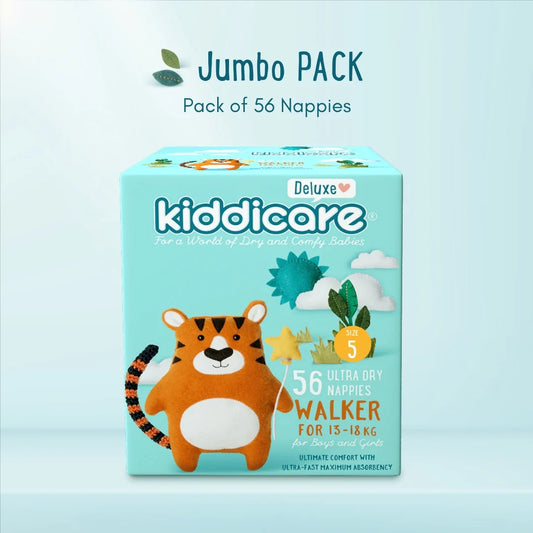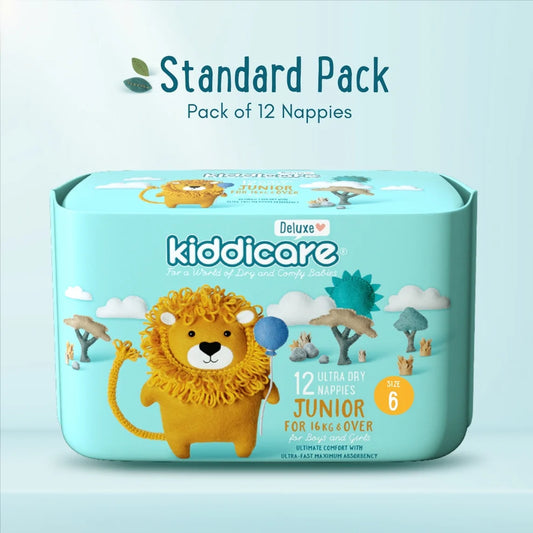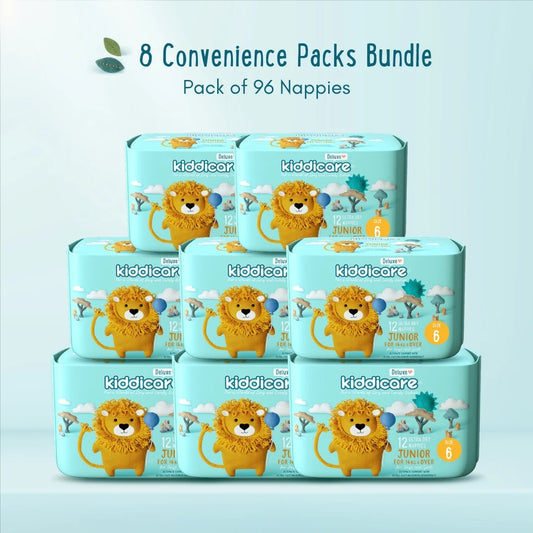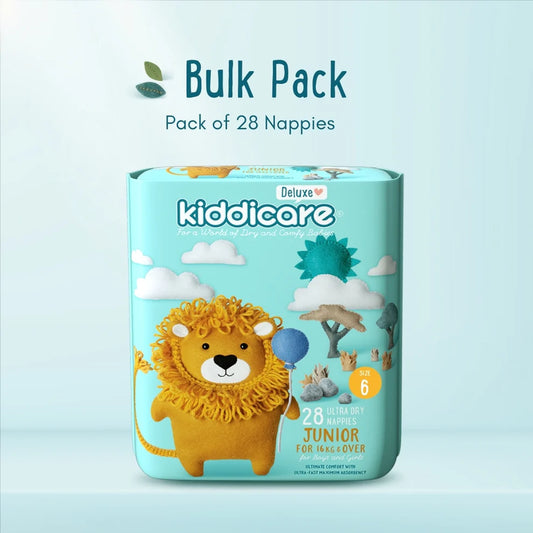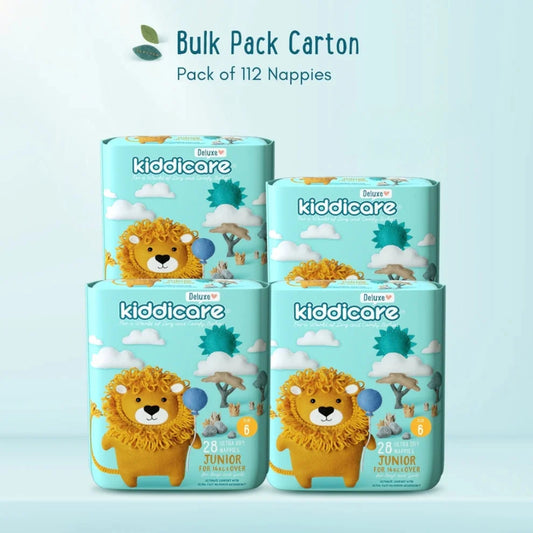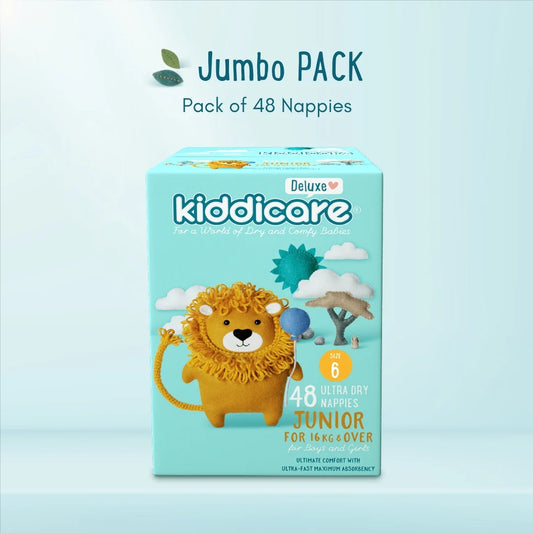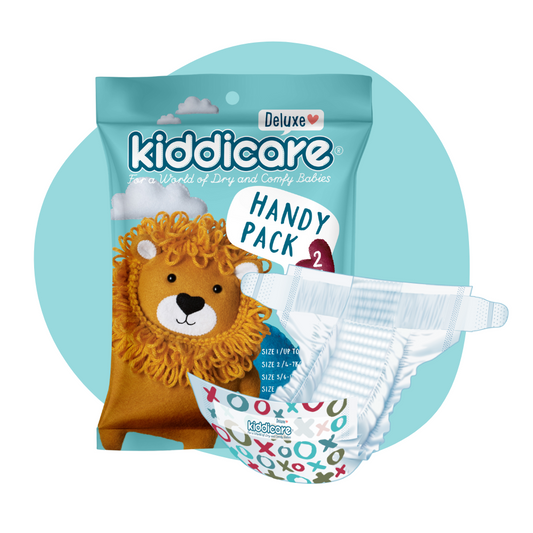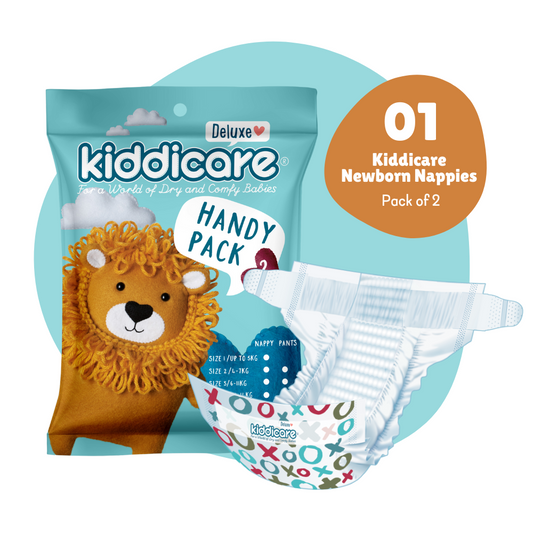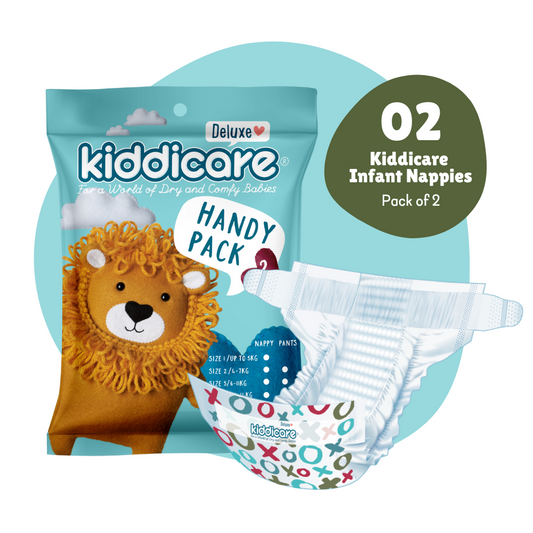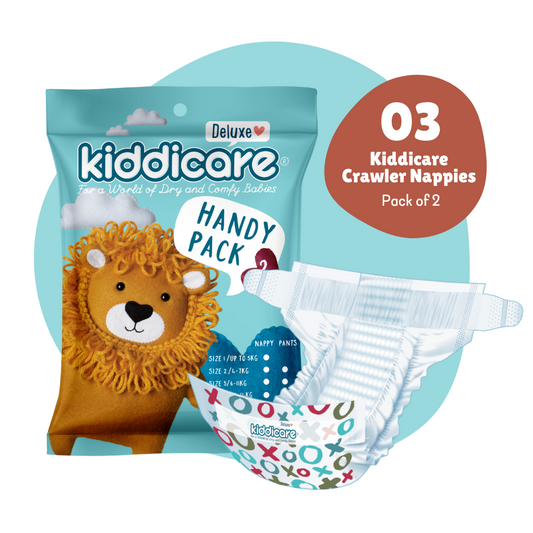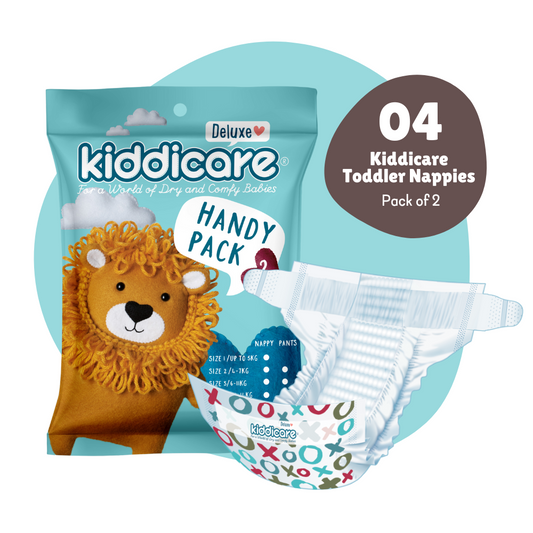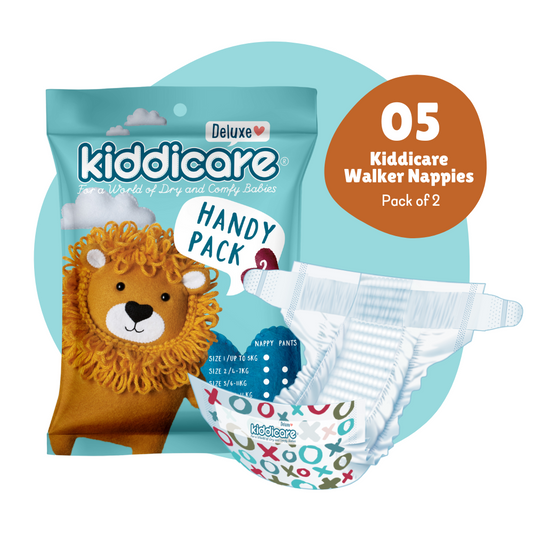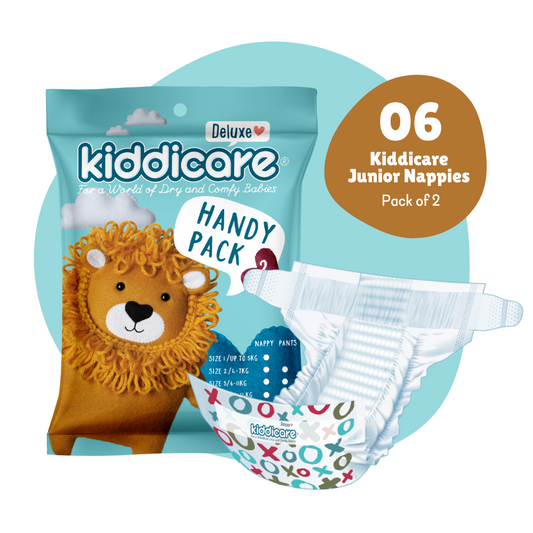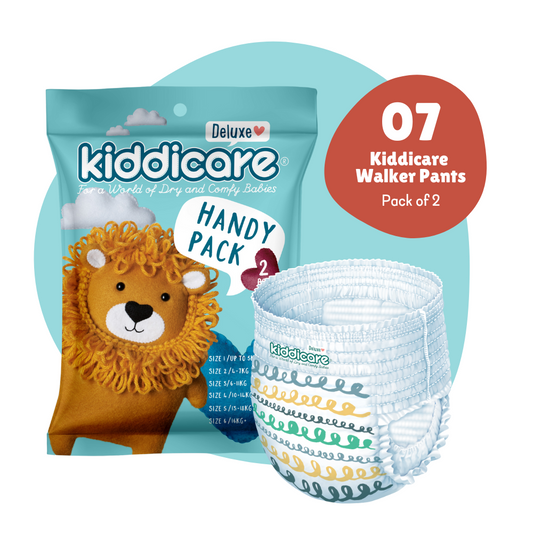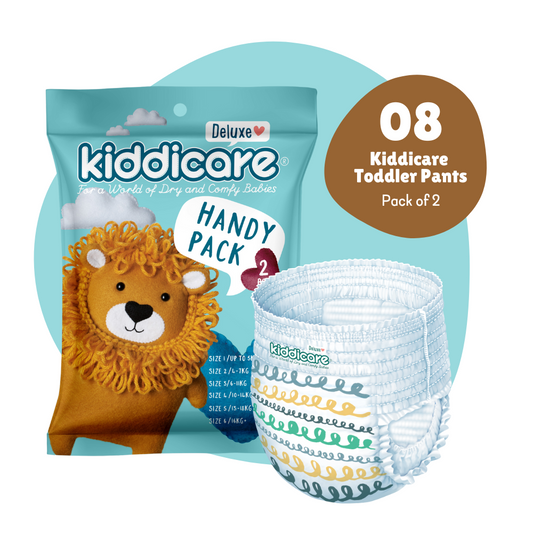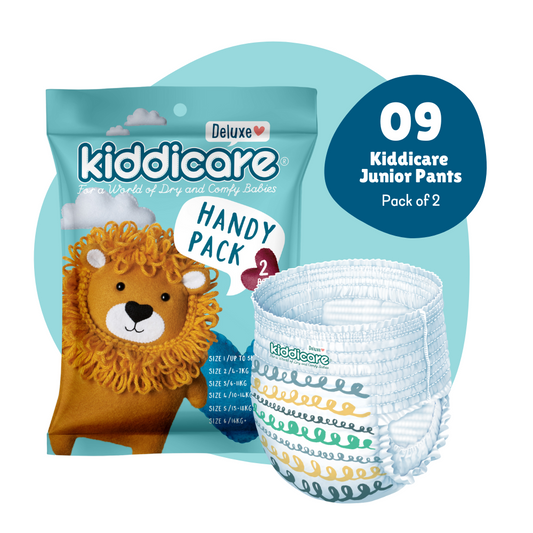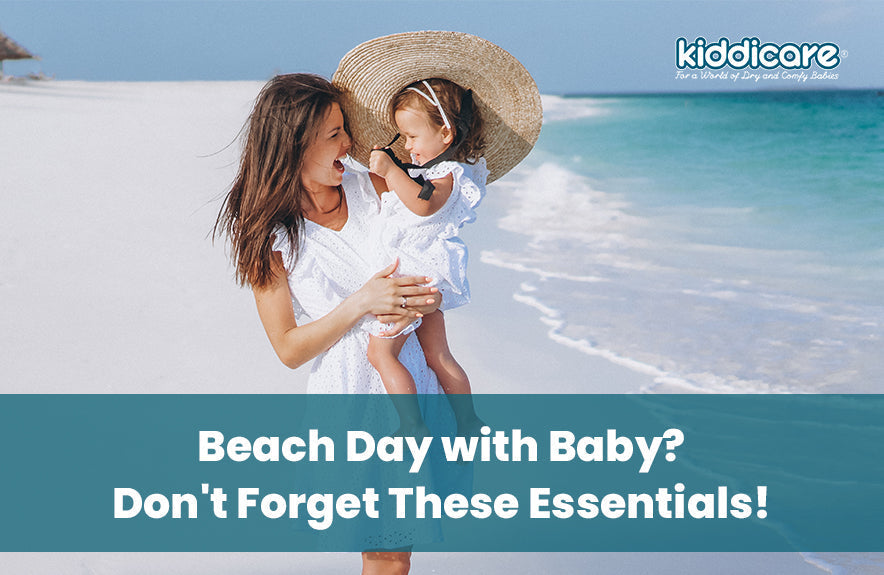
Beach Day with Baby? Don't Forget These Essentials!
There's nothing quite like spending a sunny day at the beach. The waves rolling in, the salty breeze, and that warm sand between your toes, it's a recipe for relaxation. But when you add a baby to the mix? Suddenly, a simple beach trip becomes more like a mini expedition.
If you're a parent, you know the drill packing up half the home "just in case," running through mental checklists, and praying you haven't forgotten that one critical item. A beach day with a newborn involves more planning, but it can still be pleasant and stress-free if you know just what to pack.
So grab your nappy bag, dust off that sun hat, and let's dive into the ultimate list of baby beach essentials. The last thing you want is to be caught unprepared under the hot sun with a fussy little one.
List of Baby Essentials to Carry on a Beach Day
Packing for a beach trip with your baby can feel overwhelming, but having the right essentials makes all the difference. From sun protection and swim nappies to snacks, toys, and comfort items, this checklist ensures your little one stays safe, happy, and entertained while you enjoy family time by the sea.
1. Baby-Friendly Sun Protection
One thing every parent learns quickly is that babies and sunshine don't mix well. Unlike older kids or adults, a baby's skin is extra sensitive and burns easily. Even a short time in direct sunlight can cause damage. That's why sun protection tops the list.
Here's what you'll need:
- Baby-safe sunscreen: For babies over 6 months, choose a mineral-based sunscreen with zinc oxide or titanium dioxide. These sit on the skin's surface and reflect UV rays rather than being absorbed. Reapply every two hours, or sooner if your baby's been in the water.
- Wide-brimmed hat: A floppy hat that covers their face, neck, and ears is a lifesaver. Bonus if it ties under the chin so it actually stays on.
- Baby sunglasses: Yes, they make them, and they're not just cute accessories. Baby sunglasses with UV protection help protect developing eyes from harmful rays.
- Protective clothing: Lightweight, long-sleeved swimsuits or rash guards add an extra barrier. Look for UPF-rated fabrics for maximum protection.
Think of sun protection like armour, you want to cover as much as possible so your little one can enjoy the beach safely.
2. Shade Is Your Best Friend
Babies can't regulate their body temperature as well as adults, which means they're more prone to overheating. While you might love soaking in some rays, your baby should stay shaded as much as possible.
- Beach tent or canopy: Invest in a pop-up tent with built-in UV protection. They're easy to set up, offer a fabulous retreat, and provide your baby with a safe space to nap or play.
- Umbrella: A large, sturdy beach umbrella works in a pinch, though tents are usually better for blocking wind and sand.
- Light blankets: Pack a thin muslin blanket to drape over stroller canopies or create extra shade.
Pro tip: Set up your shaded spot a little farther from the waterline. That way, you won't have to move everything if the tide comes in.
3. Swim Gear for Baby
Beach days and water go hand in hand, but you'll need the right gear to make splashing safe and fun.
- Swim nappies: Regular nappies swell in water and don't hold much in. Swim nappies (disposable or reusable) are a must if your baby is going near the ocean.
- Baby float: If you plan to dip your baby in the water, a baby float with a sunshade can make it easier and more enjoyable. But remember, never take your hands off them.
- Hooded towel or poncho: Babies lose heat quickly, even on warm days. A soft, absorbent towel helps keep them warm after water play.
- Baby swimsuit: Choose something snug but comfortable. If it's a two-piece, nappy changes will be much easier.
Even if you don't plan on swimming, being near water means your baby will get wet one way or another. Better to be prepared!
4. Snacks and Hydration
Beach play works up an appetite, and babies don't exactly wait patiently for their next meal.
- Hydration: Babies under 6 months should stick to breastmilk or formula. Older babies can sip water from a sippy cup, especially on hot days.
- Snacks: Pack age-appropriate snacks like fruit puree pouches, soft fruits, teething biscuits, or small finger foods. Keep them in a cooler bag to keep them fresh.
- Utensils and bibs: Disposable bibs, spoons, and snack containers help avoid sticky sand-covered hands.
Pro tip: Bring more than you think you'll need. Nothing derails a beach trip faster than a hungry, cranky baby.
5. Baby-Friendly Toys
The beach itself is a playground, but a few toys can help keep your baby entertained and distracted.
- Sand toys: Buckets, shovels, and moulds are great for older babies learning to scoop and pour.
- Floating toys: Little rubber ducks or floating animals make water play fun.
- Comfort item: A small blanket or stuffed toy can help soothe your baby if they get overwhelmed.
Just don't bring anything too precious, and it has a way of getting into everything.
6. Comfort Items for Baby
Babies can get cranky quickly if they're uncomfortable. Here's what will make your day smoother:
- Portable fan or mist sprayer: Keeps baby cool when shade isn't enough.
- Baby blanket or mat: Useful for naps, tummy time, or just keeping them off the hot sand.
- Change of clothes: At least two complete outfits, you'll thank yourself when the first one gets soaked or sandy.
- Dummy/pacifier: If your baby uses one, bring extras (sand and sea have a way of making them disappear).
7. Nappy Bag Must-Haves
Think of your nappy bag as your emergency kit. It should always be fully stocked for a day out, especially at the beach.
- Extra nappies (plan on 1–2 per hour plus a few extra)
- Plenty of baby wipes (they're not just for nappies, great for sandy hands and faces too)
- Nappy rash cream (salt and sand can be irritating)
- Wet bags for dirty nappies or wet clothes
- Changing mat (you'll definitely need it on sandy ground)
8. Safety Gear for Peace of Mind
The beach is full of fun, but it also comes with hazards. Having the proper safety gear helps you relax.
- Baby ID band: Write your phone number on it in case you get separated.
- First-aid kit: Include baby-friendly supplies like band-aids, antiseptic wipes, and baby-safe pain relief.
- Hand sanitiser: A must for quick clean-ups before snacks.
9. Parent Comfort Counts Too
A happy baby starts with happy parents. Don't forget to look after yourself.
- Plenty of water and snacks, hydrated parents can handle anything.
- Beach chair or mat so you're not stuck sitting in the sand all day.
- Sunscreen for you (don't forget your own skin needs love, too).
- Power bank because you'll want to snap photos, but emergencies happen.
Remember, parenting isn't about martyrdom. Taking care of yourself makes it easier to take care of your baby.
10. Bonus Tips for a Smooth Beach Day
- Go early or late: Avoid peak sun hours (10 am–4 pm). Early morning and late afternoon are safer and less crowded.
- Dress your baby in layers: The weather at the beach can change quickly. A light jacket might come in handy.
- Do a dry run: If it's your first beach day with baby, pack everything the night before so you're not rushed.
- Keep expectations realistic: You may not spend hours lounging or swimming about making memories, but not a perfect schedule.
Summary
A beach day with your baby doesn't have to be overwhelming. With the proper preparation, it can be filled with laughter, discovery, and sweet family moments. From sun protection and shade to snacks, toys, and safety gear, every item you pack makes your outing smoother and more enjoyable.
Think of it this way, you're not just packing nappies, bottles, and towels, you're packing peace of mind. And when your baby is happy, comfy, and safe, the whole family gets to enjoy the magic of the beach together.
